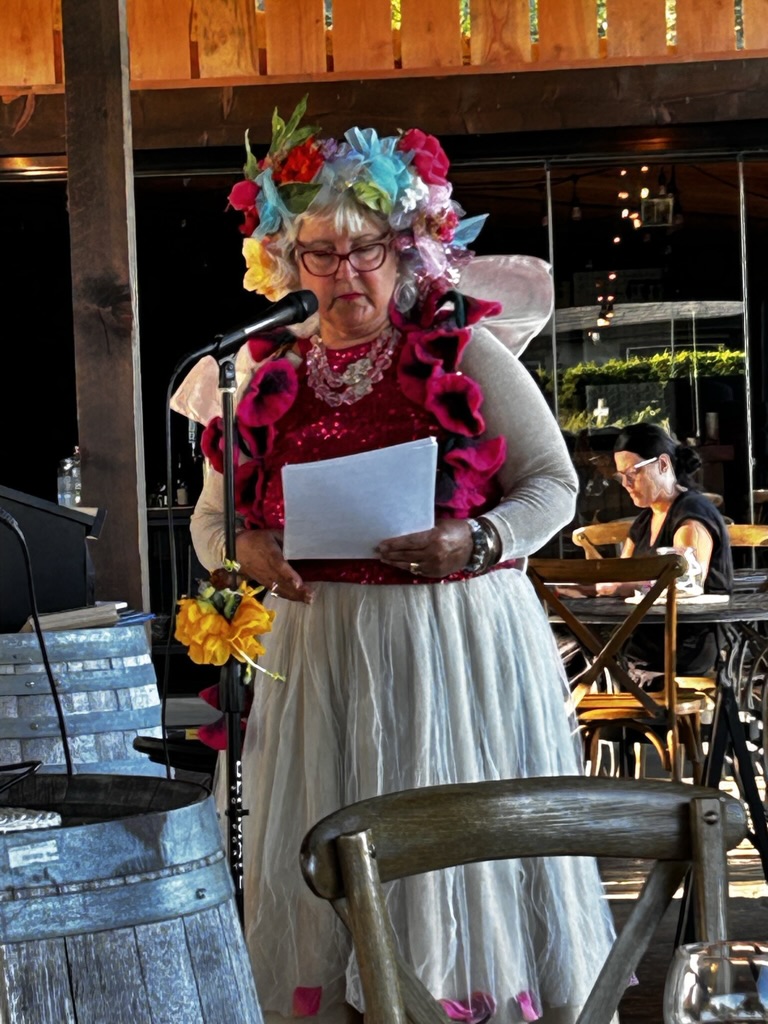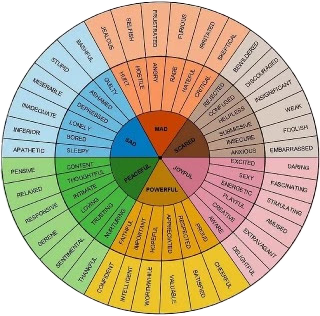Prejudice is alive and well. It thrives in a society that is sophisticated in marketing, game playing, and subtle negative (and obvious harsh) reinforcement. We need to take stock of cultural standards, revise and relearn new ways to be more respectful, empathic, and inclusionary. Yes, we have made improvements, but these are not enough.
On a trip early during the early years of their marriage, my parents drove to the southern states. My father sported the look of an Elvis want-a-be, white handsome and hip. My mother turned heads with her latest poodle perm, exceptionally dark tan, striking huge brown eyes, beautiful smile, and hourglass figure. They stopped at a diner, took a seat, and waited to be served. Patiently they waited and waited, while the staff whispered staring at them. Twenty minutes later, the waitress walked over to them and announced they would have to leave. There was a restaurant down the street that could serve them.


My mother shared this story while we were young, and it really resonated with me. First, she didn’t understand how she could be denied the simple basic service at a restaurant. Second, she was initially dumbfounded as to why she was refused service, but then in retrospect realized that the staff was directing her to a diner that would serve people of colour. This was shocking to her to be on the receiving end of a right that she believed was available to all people of all colour. It pained my mom relaying the story and it pained us hearing that at some point my parents were rejected because they didn’t fit the acceptable standard. (This situation was unacceptable yet doesn’t compare to extensive injustices that have occurred in other families, such as our indigenous fellow Canadians, and the legacy of trauma. I can’t imagine what the generations of family members carry with them).
Today the likelihood of this happening is slim, however, it does still happen. Moreover, other forms of prejudicial exclusion happen all the time. AND what is more upsetting is that many of us white folk say “we don’t see black” thinking that we are being inclusionary and loving but what we are saying is that we are ignoring the bias and not truly empathizing with the constant insidious cultural nuances people of colour face daily. We can’t see it as we don’t live it the way our fellow non-white citizens daily live.
Last week while watching the prominent social activist Mary-Frances Winters’ talk on The Great Leadership Reset Forum I was struck by her question, “What do I need to learn, unlearn and relearn?” She then emphasized we need to listen to all sides of a situation. Both these statements are rooted in an inquiry approach to living.
Inquiry is a model of teaching and parenting which is child-centered. It honours the natural intuitive way young children learn, by experimenting. They try to learn a new skill like walking, figure out what works or doesn’t work then try again until they succeed. It can be a slow, messy and hard process. It also encourages questions and provokes children into thinking and rethinking the issues around a topic.
Unfortunately, as adults, we often lack the patience to engage in this inquiry process. Judgment overrides, time constraints trigger thoughts to speed through the journey as efficiently as possible. The achievement agenda kicks into override. We don’t listen and seek to understand but get it done so we can tick the box. We ignore the discussion. Teachable moments are lost.


Mary-Frances Winters challenges us to dig deep within and question our comfortable paradigms. She calls upon us to relinquish all those thoughts and judgments that form the basis of what we know and hang on to like a security blanket. Winters firmly directs us to self-examination and learning what it truly is like to walk in the shoes of another. This takes patience and humility. As she says it is imperative that everyone stays in a state of humility, learning, unlearning, and relearning.
I love this article written by Winters about her own metamorphosis with her own family. I urge you to read it.
Bottom line? I believe that with our children, grandchildren, and students, we need to remind them to ALWAYS LISTEN TO ALL SIDES and to do as Stephen Covey stated, “Seek to understand.” I agree with Winters. We need to show by example and through our coaching to guide the youth in our lives to stop, reflect on another’s point of view (they are very aware of their own perspective) then ask what I can do differently to ensure that my interactions are respectful, compassionate and inclusive. Compromise is about sharing. Sharing benefits for both while both sharing in sacrifices. Maybe we need to rethink win-win but think share-share.







[…] Design and/or Inspiration… Chicken or the Egg… Does One Come Before the Other? Prev Post […]
[…] Sigh. Are You Exhausted Listening About Diversity, Equity, and Inclusion? Prev Post […]
[…] Next Post […]